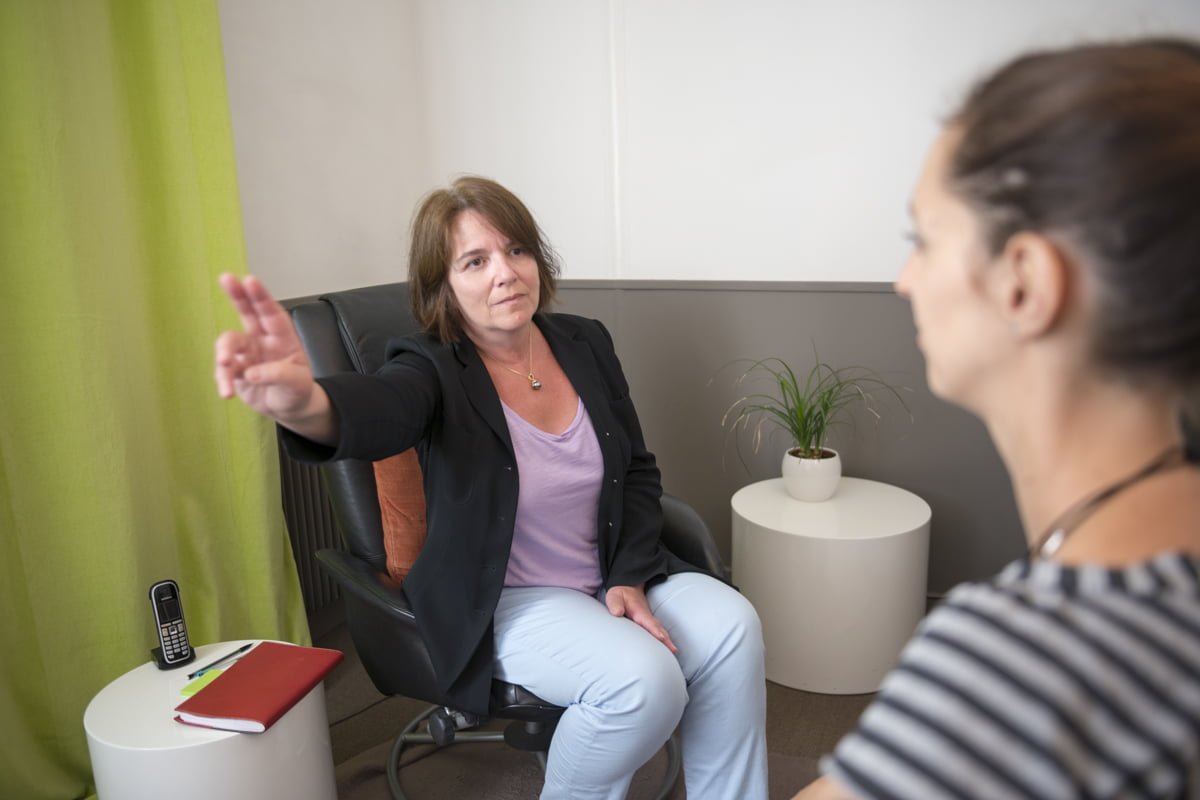
The Best Types of Therapy for Women: From CBT to EMDR
Women can address their mental health issues, deal with life’s challenges, and foster personal growth with the help of therapy. Finding the right therapeutic approach can be difficult given the wide range of options available.
Cognitive Behavioral Therapy (CBT)

A popular therapeutic strategy that emphasizes the link between thoughts, emotions, and behaviors is cognitive behavioral therapy (CBT). It supports women in recognizing and challenging harmful thought patterns, creating coping mechanisms, and changing distress-inducing behaviors. For treating disorders linked to stress, anxiety, and depression, CBT is particularly effective. Women can learn useful skills to enhance their well-being and bring about positive change in their lives through structured sessions.
Dialectical Behavior Therapy (DBT)

DBT combines components of CBT with acceptance- and mindfulness-based techniques. It is intended specifically for women who struggle with strong emotions, self-destructive behaviors, and interpersonal issues. DBT imparts knowledge of how to control one’s emotions, cope with stress, interact with others effectively, and practice mindfulness. Women with eating disorders, chronic suicidality, and borderline personality disorder benefit the most from this therapy.
Acceptance and Commitment Therapy (ACT)

ACT is an empirically supported therapy that emphasizes fostering psychological adaptability and value-driven behavior. It enables women to commit to actions that are consistent with their core values while accepting challenging thoughts and emotions. ACT is effective in treating trauma, anxiety, depression, and persistent pain. Women can improve their overall psychological health and lead more fulfilling lives by practicing mindfulness and accepting who they are.
Eye Movement Desensitization and Reprocessing (EMDR)

EMDR is a specialized therapy that targets traumatic experiences and their associated distress. It involves bilateral stimulation, such as eye movements or taps, while recalling traumatic memories. EMDR helps women process and reframe traumatic experiences, reducing their impact on daily life. By successfully treating post-traumatic stress disorder (PTSD) and its accompanying symptoms, it enables women to recover and regain control over their lives.
Psychodynamic Therapy

Exploring unconscious processes, unresolved conflicts, and childhood experiences that affect current thoughts and behaviors is a key component of psychodynamic therapy. Women can better understand their emotional patterns, increase their self-awareness, and resolve long-standing issues through a solid therapeutic relationship. For those looking for long-term personal growth and a deeper comprehension of their emotions and relationships, this therapy is effective.
Mindfulness-Based Therapies

Mindfulness practices are incorporated into therapeutic interventions by mindfulness-based therapies like Mindfulness-Based Stress Reduction (MBSR) and Mindfulness-Based Cognitive Therapy (MBCT). These treatments support women’s efforts to cultivate self-compassion, lessen rumination, and present-moment awareness. They work well to control chronic pain, stress, and other negative emotions. Women can develop more emotional resilience and well-being by learning to be fully present.
Conclusion, women need to find a therapeutic method that speaks to their unique needs and objectives. Some of the most successful treatments include Cognitive Behavioral Therapy (CBT), Dialectical Behavior Therapy (DBT), Acceptance and Commitment Therapy (ACT), Eye Movement Desensitization and Reprocessing (EMDR), Psychodynamic Therapy, and Mindfulness-Based Therapies. Women can start a transformative journey toward better mental health and personal development by seeking professional guidance. Remember that each person’s experience in therapy will be different, and what works for one person may not work for another. Finding the best therapeutic strategy might call for some investigation and openness, but the rewards of making an investment in your mental health are immeasurable. Make your mental health a priority and look for the best form of therapy for you to begin your journey to empowerment and healing.




